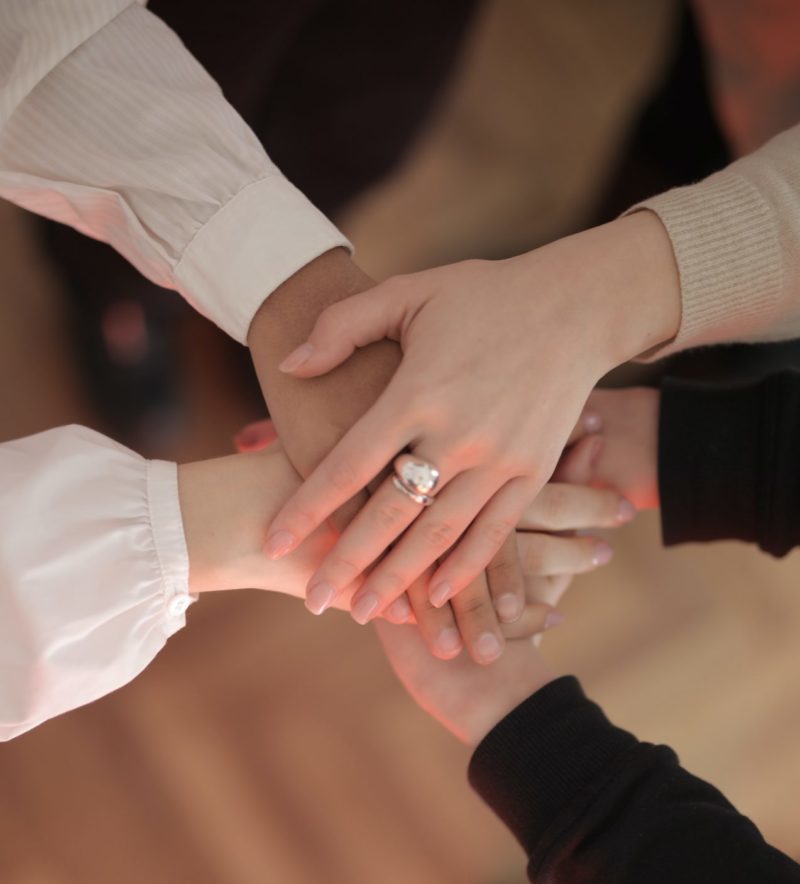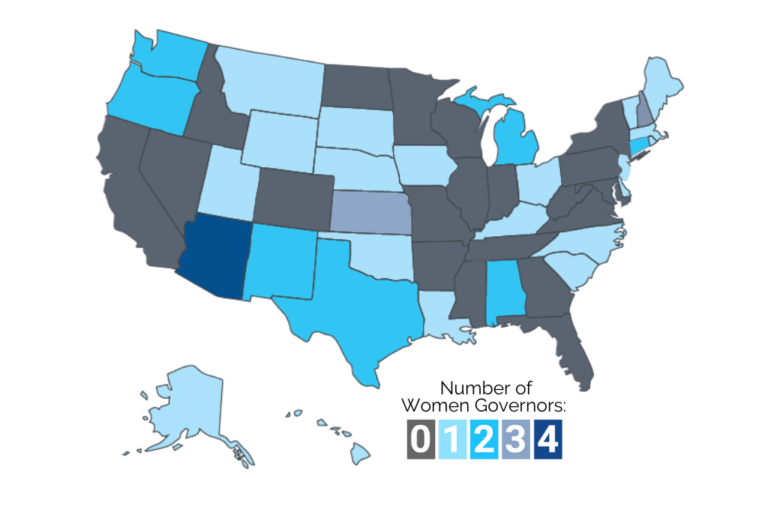In 2018, a record number of women were elected to Congress, and it was…
The Strength in Numbers for Women in Politics

Last Thursday, Representative Alexandria Ocasio-Cortez spoke from the House floor about an encounter with Representative Ted Yoho on the steps of the U.S. Capitol building. During the encounter, which was witness by reporters, Yoho confronted Ocasio-Cortez about her record and allegedly used a sexist epithet to describe her. The potency of Ocasio-Cortez’s speech—in which she condemned Yoho’s actions as well as cultural sexism across the board—garnered attention in real-time and in a number of news stories afterwards.
What was also remarkable about the moment was the number of Ocasio-Cortez’s colleagues who spoke from the floor after her, expressing their support and voicing their own condemnations of sexism and—in some cases—their own experiences of it. After all, as the New York Times pointed out, in the past Ocasio-Cortez may have been “Warned by advisers that addressing the issue could backfire against her own political reputation.” Instead, the moment appeared to crystallize support for her among many of her colleagues. Among those who spoke in support of Ocasio-Cortez was Representative Pramila Jayapal, who talked about being called a “young lady” during a House debate, and named other condescending remarks made against her. Notably, Jayapal and other women were joined in speaking with Ocasio-Cortez by male House members as well.
The 2018 midterm elections brought a record-breaking number of women to the House, and last week’s show of support for Ocasio-Cortez is another example of the shift we’ve seen since then: women in politics are standing up for each other and themselves in real-time. The strength in numbers of having more women in elected office, combined with a shift in our culture, has made it possible for women leaders to speak up on each other’s behalf without risking alienation. In a conversation with three fellow black women mayors, Washington, D.C. Mayor Muriel Bowser in June of this year spoke about the “critical mass” of female politicians who “are sticking together and working together.” Senators Susan Collins and Lisa Murkowski have spoken about supporting each other while facing backlash for casting controversial votes on healthcare. And, just this week Jesse Mermell, a candidate in the race for Massachusetts’s 4th Congressional district, tweeted in solidarity against misogynistic attacks on fellow candidate Becky W. Grossman.
By speaking about how it feels to experience sexism, or about leaning on one another, women leaders show another side of themselves. As 360-degree leaders, we can expect that Ocasio-Cortez and many other women in leadership will continue to act with this kind of authenticity, showing their true selves beyond the bullet points of their resumes. And, that authenticity will serve to connect their experiences to the challenges faced by everyday Americans.
It will be interesting to see how women political leaders—bolstered by the knowledge that other women have their back—continue to speak up for themselves and behalf of all women.






